
Science and humour
January 31, 2017 | Issue 38Find out the link between science and humour with these light-hearted resources.


Find out the link between science and humour with these light-hearted resources.

The Science in School office will be closing for Christmas soon, but first I’d like to thank everyone involved.
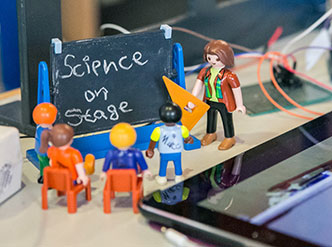
Who murdered Sir Ernest? How do you organise an astronomical school exchange? Why don’t ants have kings? How can you build an ECG for a Venus fly trap? What exactly happens in your intestines?
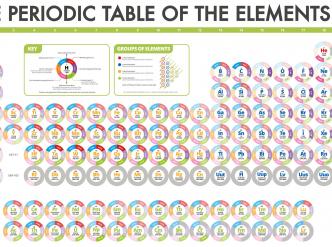
UK chemistry teacher Andy Brunning talks about juggling school life with his famous online alter ego, ‘Compound Interest’.
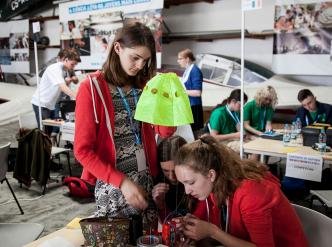
This June, students from around Europe met in Portugal to compete in the European CanSat competition. One of their teachers tells us more.

What would it be like if numbers and musical tones had colours? People with synaesthesia experience the world in this way – and scientists are trying to find out why.

Science in School is published by EIROforum, a collaboration between eight of Europe’s largest inter-governmental scientific research organisations (EIROs). This article reviews some of the latest news from the EIROs.

Studies of iron oxides under extreme conditions are shining a light on Earth’s interior and its role in our climate.
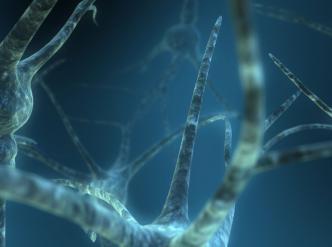
Scientists propose a new hypothesis to tackle one of the big remaining mysteries in animal evolution.
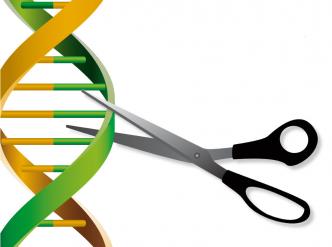
A controversial new technology is making gene editing far cheaper and easier – too easy, perhaps?
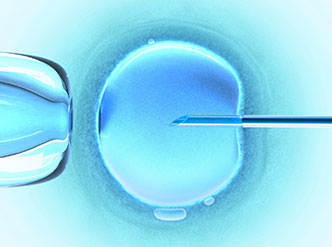
Today’s announcement that the UK has approved the creation of babies from two women and one man offers an invaluable opportunity to discuss some of the real issues of science with your students.
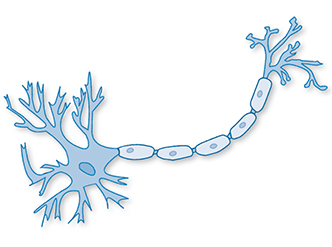
Simulate a neuron in the classroom.
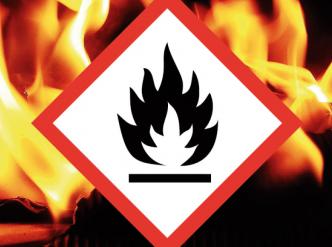
Hot, luminous and destructive: fire is a force of nature. Here we look at how to use and control it safely with water and carbon dioxide.

Why does it rain? Can we predict it? Give physics students a mass of weather data and some information technology, and they can try working this out for themselves.

What happens inside magnets? This fun activity for primary school pupils helps them find out – by turning themselves into a magnet.
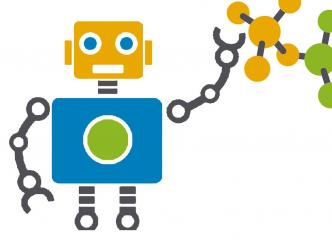
We know that robots are good for mechanical tasks – but here’s a chemistry project for robots that don’t mind getting their sensors wet.

Looking back, there’s no doubt that my own schoolteachers’ enthusiasm for science rubbed off on me. I have fond memories of my science lessons, from creating film-canister rockets in chemistry to scouring the playground for insects in biology.